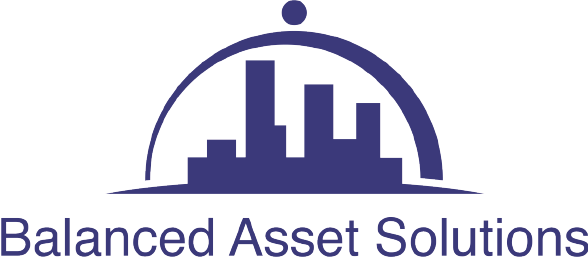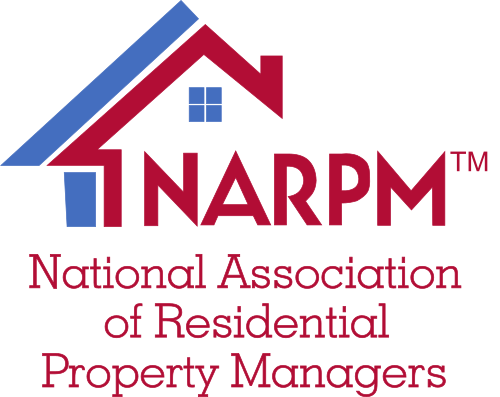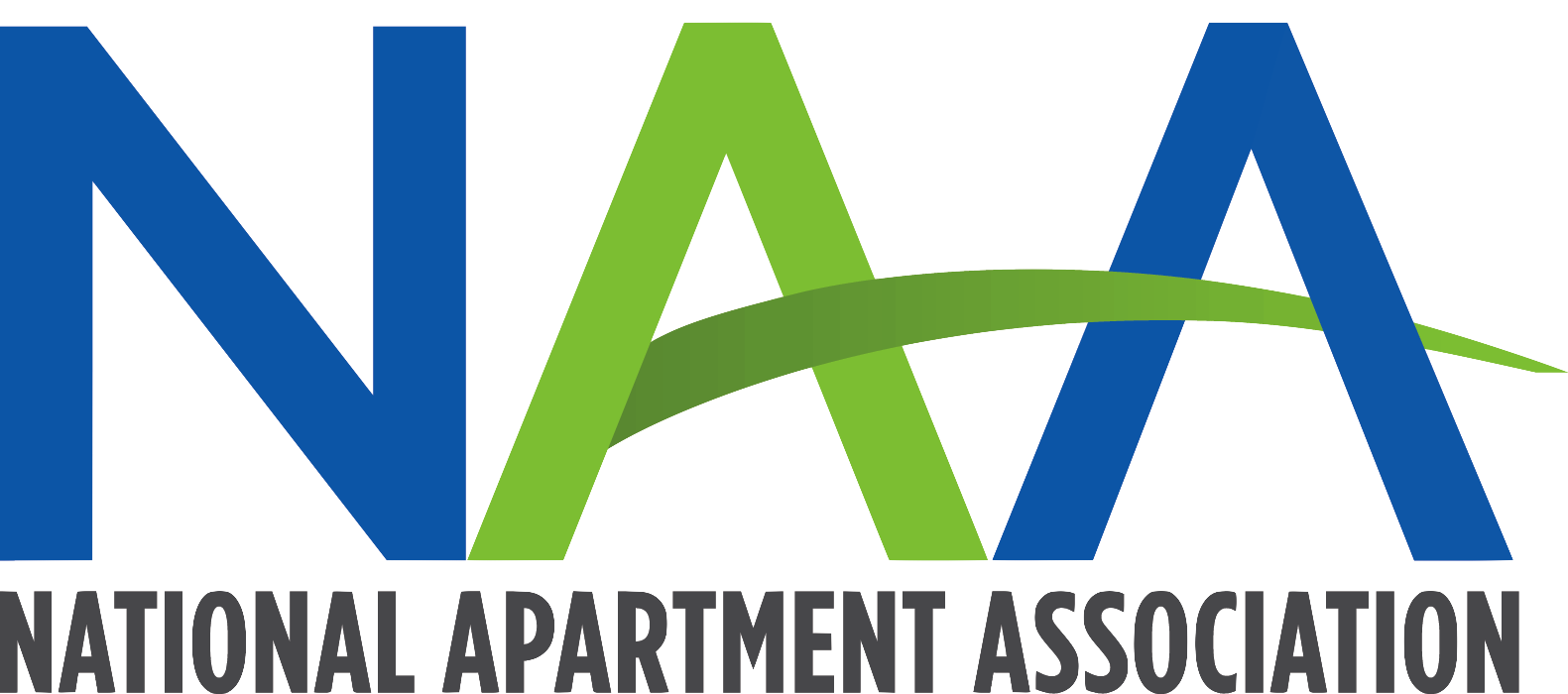Many landlords make collateral mistakes when it comes to keeping track of finances in their managed properties. In fact, if they don’t track interest, for instance, they can stand to lose lots of money to their tenants.
As a best practice, always keep rental deposit money in a separate account from your own personal finances. This way, you can easily see how much money is coming in and going out without having to worry about commingling funds.
In this blog post, we will discuss the best way to keep track of rental deposits and ensure that your accounting records are accurate.
Read on to dive deep into the world of rental accounting!
Rental Deposit Types
When it comes to rental deposits, there are two main types:
Security Deposit: A security deposit is any money that a tenant gives to a landlord at the beginning of a lease in order to secure the property. This deposit is meant to cover damages that may occur during the lease period.
Last Month’s Rent: Last month’s rent is a lump sum of money that a tenant pays to a landlord at the beginning of a lease agreement, typically equal to one month’s worth of rent. This payment covers the last month of rent due under the lease agreement.
So, how can you keep track of these different types of rental property income? Let’s take a look at some best practices below.
The Benefits of Tracking Rental Deposits
There are many benefits to tracking rental deposits, including:
Improved Cash Flow Management: By keeping track of rental deposits, you can better manage your cash flow. This is because you will have a clear understanding of how much money is coming in and going out each month.
Reduced Risk of Fraud: If you keep track of rental deposits, you can reduce the risk of fraud. This is because you will be able to see if any suspicious activity is happening with the funds.
Enhanced Recordkeeping: Rental tracking deposits can help improve your overall recordkeeping. This is because you will have a clear and concise record of all the money that has been paid into the account.
Increased Transparency: By tracking rental deposits, you can increase the transparency of your business. This is because tenants will be able to see how their deposit money is being used and accounted for.
Improved Customer Service: Tracking rental deposits can help improve your customer service. This is because tenants will feel reassured that their deposit money is being handled in a safe and secure manner.
Now that we’ve gone over some of the benefits of tracking rental deposits, let’s take a look at some best practices for doing so.
Best Practices for Tracking Rental Deposits
When it comes to tracking rental deposits, the best way is to outsource your accounting to a professional. This way, you can be sure that your records are being kept accurately and in compliance with all applicable laws.
Another best practice is to create a separate bank account for your rental property. This will allow you to easily see how much money is coming in and going out without having to worry about commingling funds.
The second best way to keep track of rental deposits is to use accounting software like FreshBooks. With FreshBooks, you can easily create separate accounts for each type of deposit.
This will allow you to see at a glance how much money is in each account, and it will also help you stay organized when it comes time to file your taxes.
Another good tip is always to require that tenants give you a security deposit and last month’s rent in the form of a certified check or money order. This way, you’ll have a paper trail of the transaction, and you won’t have to worry about any bounced checks.
Finally, make sure to keep meticulous records of all deposits and withdrawals from your rental property account. This will help you stay organized and will also come in handy if you ever need to file a claim with your security deposit insurance policy.
By following these best practices, you can be sure that your rental accounting is in good order. And if you ever have any questions, be sure to consult with a professional accountant or bookkeeper.
Common Mistakes to Avoid When Tracking Rental Deposits
Now that we’ve gone over some best practices for tracking rental deposits, let’s take a look at some common mistakes that landlords make.
One of the most common mistakes is failing to keep track of interest earned on security deposits. In many states, landlords are required to pay interest on security deposits, and if you don’t keep track of this money, then you could be subject to penalties.
Another mistake is commingling funds from your personal account with your rental property account. This can lead to confusion and can also result in legal problems if you’re ever audited by the IRS.
Lastly, many landlords forget to keep meticulous records of all deposits and withdrawals from their rental property account. This can lead to frustration and wasted time when it comes time to file taxes or reconcile your bank statements.
By avoiding these common mistakes, you can be sure that your rental accounting is in good order.
No More Rental Deposit Issues
By following the tips and best practices outlined in this article, you can be sure that your rental deposit accounting is in good order.
By tracking your deposits and keeping meticulous records, you can avoid common mistakes and ensure that your business runs smoothly.
So take the time to get your rental accounting in order, and enjoy the peace of mind that comes with it! Get in touch with us if you’d like to have your property managed the right way.




